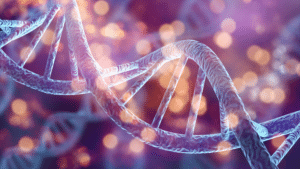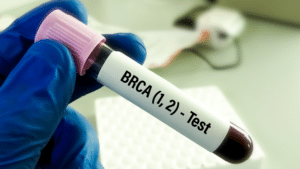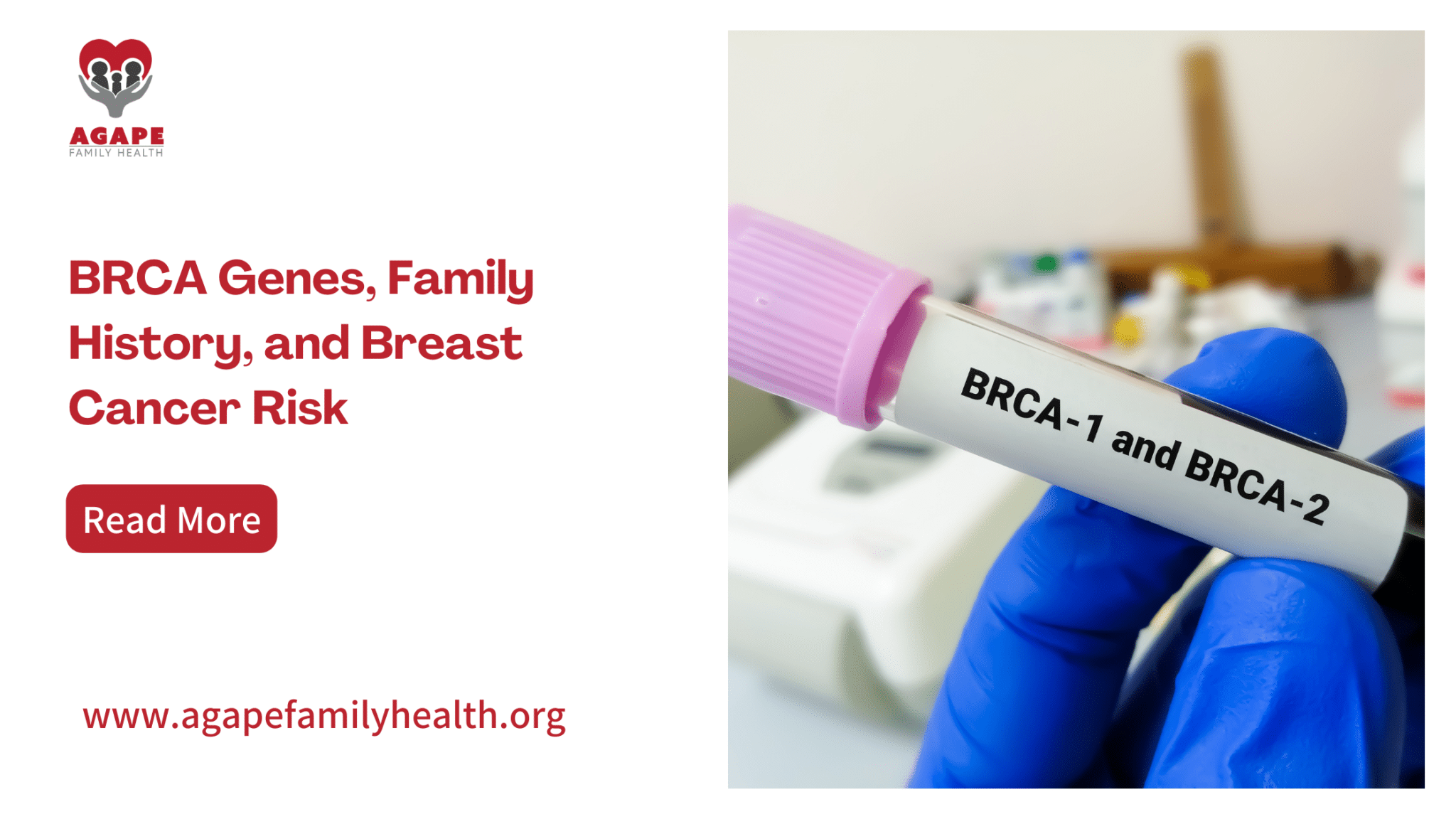Breast cancer is a formidable adversary, affecting millions of women around the world. While this disease may seem like an insurmountable challenge, understanding its origins and risk factors is the first step in combating it effectively. Among the various factors that influence breast cancer risk, genetics plays a significant role.
In this blog article, we will explore the intricate connection between BRCA genes, family history, and breast cancer risk. We’ll begin by outlining the problem: the lurking threat of breast cancer and the uncertainty that comes with it. Then, we’ll delve into the solutions: the critical knowledge and actions you can take to mitigate your risk, make informed decisions, and ultimately, empower yourself in the fight against breast cancer.
So, let’s embark on this journey together, uncovering the genetic link that holds the key to a safer, healthier future.
The BRCA Genes: Unraveling the Genetic Connection
The BRCA genes, specifically BRCA1 and BRCA2, are like the diligent guardians of your genetic code. These genes have an essential role in maintaining the integrity of your DNA, ensuring that it remains free from errors and mutations. They act as molecular repairmen, tirelessly fixing any damage that occurs within the DNA strands, thereby preventing the formation of harmful mutations and the growth of abnormal cells.
Scientifically speaking, the BRCA1 and BRCA2 genes encode proteins that participate in the complex processes of DNA repair. They are part of a finely tuned cellular machinery that identifies damaged DNA, orchestrates its repair, and ensures the faithful replication of genetic information during cell division. This meticulous repair process helps safeguard the stability and normal functioning of your cells.
Now, let’s explore the critical role of these guardian genes in more detail.

Repairing Damaged DNA
When your DNA is exposed to various environmental factors or undergoes routine cellular processes, it can become damaged. This damage may include breaks, cross-links, or chemical modifications to the DNA strands. BRCA1 and BRCA2, along with other proteins, form a repair pathway called homologous recombination. This pathway acts like a molecular toolkit that can mend these DNA breaks, restoring the genetic code to its original, error-free state.
Preventing Mutations
The BRCA genes are instrumental in preventing mutations from occurring within your DNA. Mutations are changes in the genetic code that can lead to the formation of abnormal cells and, in some cases, cancer. When BRCA1 and BRCA2 function correctly, they ensure that DNA damage is fixed accurately, reducing the likelihood of mutations that could initiate the cancer development process.
Suppressing Abnormal Cell Growth
In addition to their role in DNA repair, BRCA1 and BRCA2 also help regulate cell division. When DNA damage is detected, these genes can temporarily halt cell division to allow for repair. This control mechanism prevents the replication of cells with damaged DNA, reducing the risk of abnormal cell growth that can lead to cancer.
Scientific Perspective
Mutations in BRCA1 and BRCA2 genes disrupt the body’s ability to repair DNA effectively, leading to an increased likelihood of cancerous cell growth. These mutations can create vulnerabilities in the DNA repair process, making it more likely for harmful mutations to accumulate over time. As a result, individuals with these mutations have a higher risk of developing breast and ovarian cancers.
BRCA Genes and Family History
Family history plays a pivotal role in understanding and assessing an individual’s breast cancer risk, and it provides valuable insights into the potential influence of BRCA genes. Let’s explore this topic further:
Genetic Predisposition
Your family history can provide clues about your genetic predisposition to breast cancer. If you have close relatives, such as your mother, sister, or daughter, who have been diagnosed with breast or ovarian cancer, it suggests a potential genetic link within your family. While not all breast cancers are hereditary, certain genetic mutations, particularly in the BRCA1 and BRCA2 genes, are known to increase the risk of developing these ovarian cancer.
Elevated Risk
Having close relatives with breast or ovarian cancer can elevate your own risk of developing these diseases. This is especially true if your family members tested positive for BRCA mutations. BRCA mutations are relatively rare in the general population, but they are more common in families with a history of breast and ovarian cancer. If a family member has tested positive for a BRCA mutation, it increases the likelihood that other blood relatives may carry the same genetic mutation, thus raising their breast cancer risk.
Learn more about coping with break cancer.
Inheritance Patterns
BRCA gene mutations can be passed down from one generation to the next. If you have a family history of breast or ovarian cancer, it’s essential to understand the inheritance patterns of these mutations. Individuals who inherit a mutated BRCA gene from one of their parents have a 50% chance of passing it on to their children. This knowledge is crucial for family members considering genetic testing and taking proactive steps to manage their risk.
Genetic Testing and Counseling

If you have a significant family history of breast or ovarian cancer, especially if multiple family members have been affected at a young age or if there’s a known BRCA mutation in the family, genetic testing and counseling become essential. Genetic testing for breast cancer can identify whether you carry a BRCA mutation, helping you and your healthcare provider for breast cancer make informed decisions about cancer risk management and prevention strategies.
Risk Reduction
Understanding your genetic risk allows you to take proactive steps to reduce your breast cancer risk. If you test positive for a BRCA mutation, your healthcare team can tailor a personalized screening and prevention plan. Options may include more frequent mammograms, breast MRIs, risk-reducing surgeries, and medication.
Here are some tips for a healthier breast.
In conclusion, family history is a critical piece of the breast cancer risk puzzle. It serves as an early warning system, alerting individuals to potential genetic predispositions and the presence of BRCA mutations within the family. If you have a family history of breast or ovarian cancer, especially if family members have tested positive for BRCA mutations, it’s crucial to seek genetic counseling and testing. Armed with this knowledge, you can make informed decisions to manage and reduce your breast cancer risk effectively.



